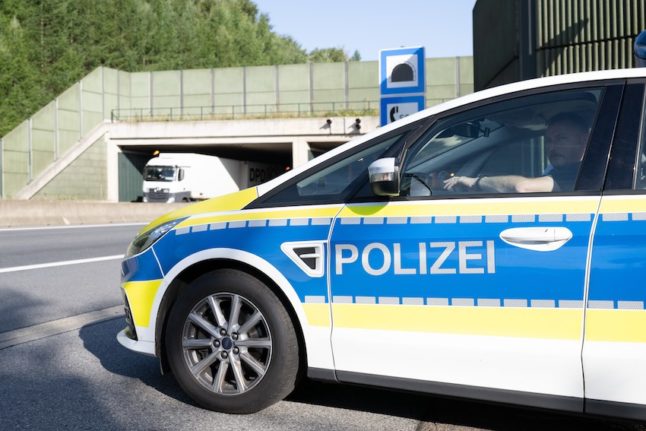State Interior Minister Armin Schuster (CDU) said Saxony’s state police were collaborating closely with the federal police on the strategic deployment of existing joint task forces.
Units from the riot police as well as police directorates in Saxony’s border regions were conducting checks that also included “overt and covert measures” by plainclothes officers, the interior minister said.
According to Schuster, cross-border crime has recently increased significantly. People smugglers were becoming increasingly ruthless in their actions, he said.
The CDU politician said it was only a matter of time before a people smuggling operation resulted in disaster as refugees, including children, were often left abandoned in open fields at night.
Schuster did not disclose the exact number of state police officers being deployed to the border areas but said the main focus was on the next three months – a period when refugee numbers have been particularly high in recent years.
READ ALSO: Germany smashes human trafficking ring ‘that smuggled hundreds’
Saxony had repeatedly requested border controls from Federal Minister of the Interior Nancy Faeser (SPD), similar to those at the border between Bavaria and Austria, Shuster said.
“She has not yet agreed to this request.”
Previous measures had not brought about the desired results, Schuster said. “That’s why we’re taking action.”




 Please whitelist us to continue reading.
Please whitelist us to continue reading.
Member comments